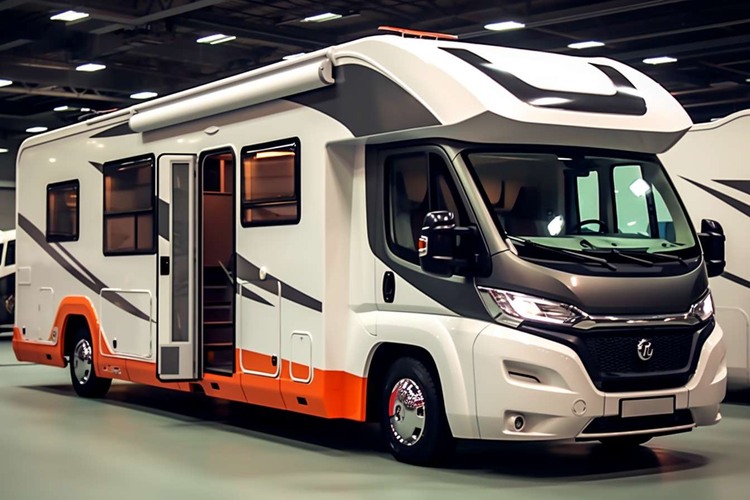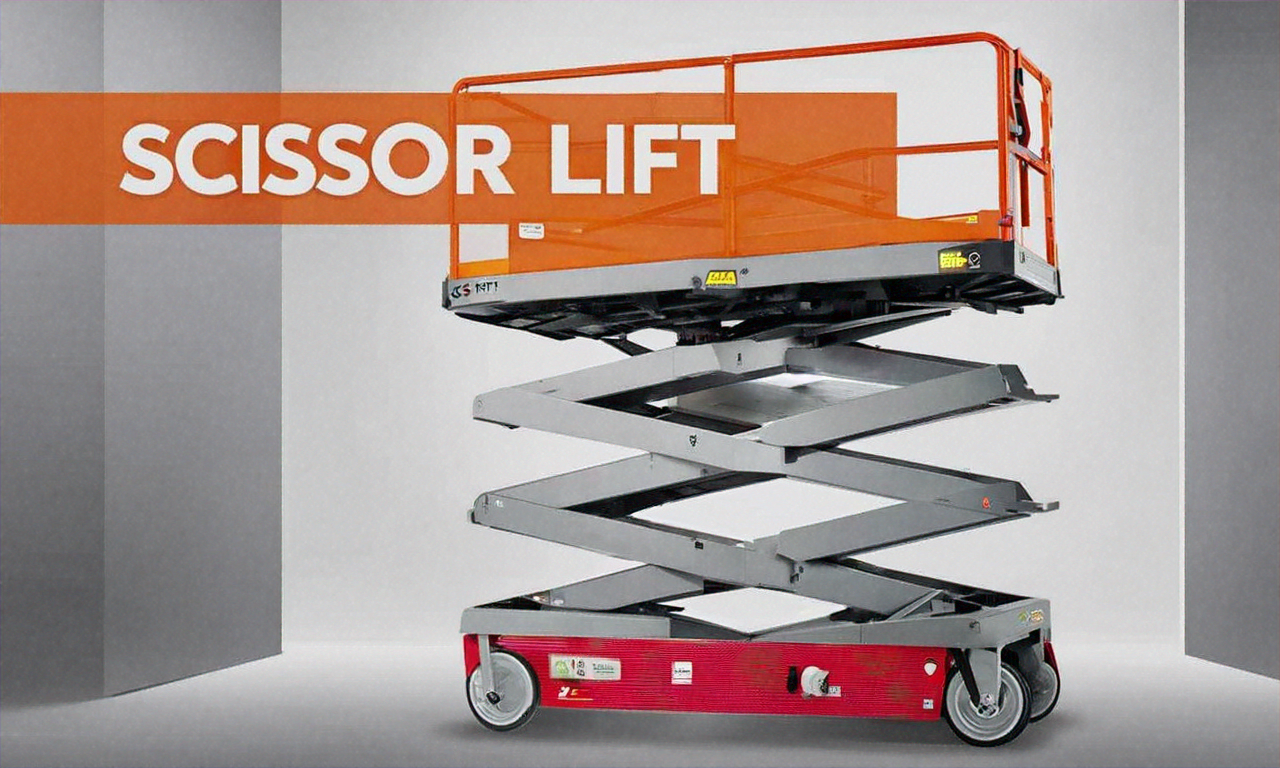Explore helpful tips on small trailers for daily use
Small trailers have become indispensable tools for homeowners, small business operators, and outdoor enthusiasts alike. Whether you need to haul landscaping materials, transport equipment to job sites, or carry recreational gear on weekend adventures, the right small trailer can simplify countless daily tasks. Understanding the features, designs, and selection criteria helps ensure you invest in a trailer that meets your specific needs while providing years of reliable service.

Discover Practical Small Trailer Designs
Small trailers come in various configurations, each tailored to different hauling requirements. Utility trailers with open beds remain the most versatile option, featuring steel or aluminum frames with wood or mesh flooring. These typically range from 4x6 feet to 6x12 feet and handle everything from garden supplies to furniture. Enclosed cargo trailers offer weather protection and security for tools, equipment, or valuable items, making them ideal for contractors and small business owners who need mobile storage solutions.
Flatbed trailers provide maximum flexibility for oddly shaped loads, while dump trailers feature hydraulic lifting mechanisms that simplify unloading heavy materials like gravel, mulch, or construction debris. For specialized needs, equipment trailers with ramps accommodate lawn mowers, ATVs, and small machinery. The design you choose should align with your most frequent hauling tasks, considering factors like load types, weather exposure, and security requirements.
Understand Essential Features for Daily Use
When evaluating small trailers for regular use, certain features significantly impact functionality and longevity. Weight capacity stands as the primary consideration, with most small trailers rated between 1,000 and 3,500 pounds. Always verify your vehicle’s towing capacity matches or exceeds the trailer’s gross vehicle weight rating, which includes the trailer weight plus maximum cargo load.
Axle configuration affects stability and handling. Single-axle trailers offer better maneuverability in tight spaces and lower initial costs, while tandem-axle designs distribute weight more evenly and provide redundancy if one tire fails. Coupler type matters too—a 2-inch ball coupler fits most consumer vehicles, though some larger trailers require 2-5/16-inch couplers. Safety chains, functioning lights, and a breakaway system are not just recommended but legally required in most jurisdictions.
Material construction influences durability and maintenance needs. Steel frames offer strength and lower costs but require rust prevention through paint or coating. Aluminum trailers cost more upfront but resist corrosion and weigh less, improving fuel efficiency. Treated wood decking provides good traction and easy replacement, while metal mesh floors allow drainage and visibility but may not support concentrated loads as well.
Get Tips for Effective Trailer Selection
Selecting the right small trailer begins with honest assessment of your hauling patterns. Track what you transport most frequently over several months, noting dimensions, weights, and weather conditions. This data reveals whether you need enclosed protection, specific bed length, or particular weight capacity. Consider future needs as well—purchasing slightly more capacity than currently necessary provides flexibility as circumstances change.
Inspect construction quality before purchasing. Examine welds for consistency and completeness, check that the frame shows no cracks or excessive rust, and ensure the bed attaches securely to the frame. Test the coupler mechanism, verify all lights function properly, and confirm tires show adequate tread depth with no sidewall damage. For used trailers, request maintenance records and ask about previous cargo types, as hauling corrosive materials may have compromised structural integrity.
Brand reputation and local dealer support matter more than many buyers realize. Established manufacturers typically offer better warranty coverage and replacement parts availability. Local dealers provide service, maintenance, and expertise that online-only purchases cannot match. Read reviews from owners who use trailers similarly to your intended applications, paying attention to comments about durability, required maintenance, and manufacturer responsiveness to issues.
Explore Versatile Options for Transporting Goods
Small trailers excel at diverse transportation tasks when properly matched to cargo characteristics. Landscaping professionals rely on utility trailers for mulch, plants, tools, and mowing equipment, often choosing models with removable sides for easier loading. Home improvement enthusiasts appreciate the flexibility for hauling building materials, appliances, and renovation debris. The same trailer that brings lumber from the hardware store can transport yard waste to the disposal facility.
Recreational applications include camping gear transportation, boat launching, and moving sports equipment to events. Enclosed trailers protect bicycles, kayaks, and camping supplies from weather and theft during travel and storage. Small business owners use trailers as mobile workshops, storing tools and materials that travel between job sites. This eliminates repeated loading and unloading, saving time and reducing equipment wear.
Seasonal flexibility adds value throughout the year. Spring gardening projects, summer camping trips, fall leaf removal, and winter firewood hauling all benefit from trailer ownership. This versatility often justifies the investment more quickly than single-purpose equipment, especially when compared to repeated rental costs or delivery fees.
| Trailer Type | Typical Size Range | Cost Estimation | Best Applications |
|---|---|---|---|
| Open Utility Trailer | 4x6 to 6x12 feet | $800 - $2,500 | General hauling, landscaping, home projects |
| Enclosed Cargo Trailer | 5x8 to 6x12 feet | $2,000 - $5,000 | Tool storage, weather-sensitive cargo, security needs |
| Dump Trailer | 5x8 to 6x10 feet | $2,500 - $4,500 | Gravel, mulch, construction debris, bulk materials |
| Equipment Trailer | 6x10 to 6x14 feet | $1,500 - $3,500 | Lawn equipment, ATVs, small machinery transport |
Prices, rates, or cost estimates mentioned in this article are based on the latest available information but may change over time. Independent research is advised before making financial decisions.
Maximize Your Trailer’s Utility with Expert Insights
Proper maintenance extends trailer lifespan and ensures safety. Inspect tires before each use, checking pressure and looking for damage or uneven wear. Wheel bearings require annual repacking with grease to prevent failure during travel. Clean the trailer after hauling corrosive materials like fertilizer or salt, and touch up paint chips promptly to prevent rust spread. Store trailers on blocks rather than tires when not in use for extended periods, reducing flat spots and weather exposure.
Load distribution significantly affects handling and safety. Place heavier items forward, positioning 60 percent of cargo weight ahead of the axle. This creates slight downward pressure on the hitch, improving stability. Secure all loads with appropriate tie-downs rated for the cargo weight, using multiple attachment points to prevent shifting during transport. Never exceed rated capacity, as overloading stresses components and creates dangerous driving conditions.
Understanding local regulations prevents citations and liability issues. Most states require trailers to display license plates, functioning brake lights, turn signals, and reflectors. Trailers exceeding certain weights need separate registration. Some jurisdictions mandate trailer brakes above specific weight thresholds. Verify requirements in states you regularly travel through, as regulations vary considerably. Proper insurance coverage protects against liability and property damage, with many auto policies offering trailer coverage as an affordable addition.
Small trailers represent practical investments that simplify countless daily tasks when chosen thoughtfully and maintained properly. By understanding available designs, essential features, and selection criteria, you can identify a trailer that serves your specific needs reliably for years. Whether transporting work materials, recreational equipment, or household items, the right small trailer becomes an invaluable extension of your vehicle’s capabilities, offering flexibility and convenience that quickly justifies the initial investment.




